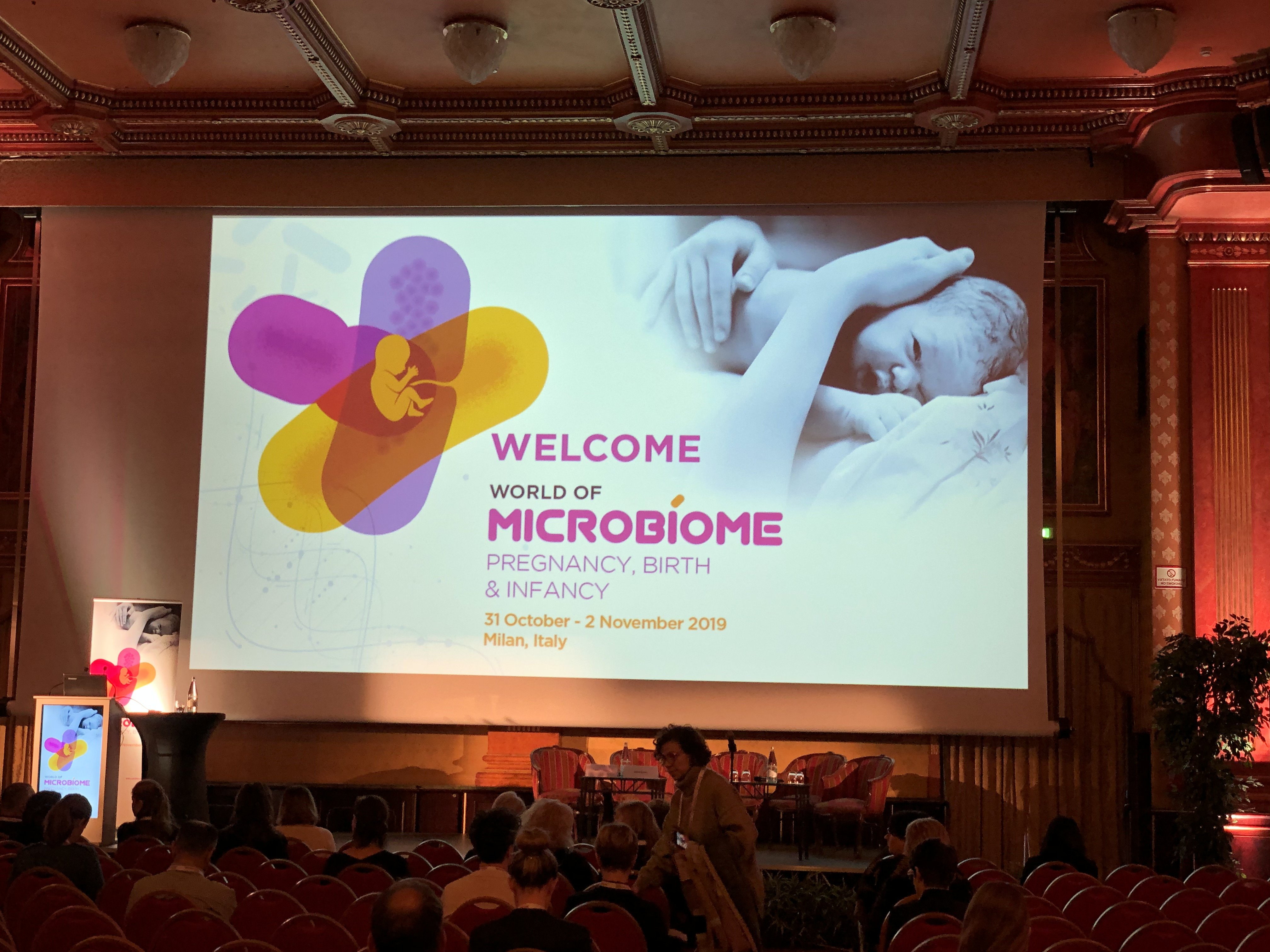Attualità
Instituto Bernabeu gave an oral communication at the European Society of Human Reproduction and Embryology (ESHRE) Congress entitled ‘The luteal phase of double ovarian stimulation treatment (DuoStim) provides higher oocyte and blastocyst yield in unselected infertile patients: a retrospective, same-patient, cohort study.’ This study is included in the articles that Merck has featured in its specialist journal focussing on fitting publications that is released following the scientific gathering focussing on fitting publications.
Instituto Bernabeu studies if mosaic segmental aneuploidy embryos affect pregnancy rates
Instituto Bernabeu attended the Association for the Study of Reproduction Biology (ASEBIR) Congress held in Cáceres and presented a study about the effect that segmental chromosomal aneuploidies have on the embryo.
Once again this year, Instituto Bernabeu attended the Association for the Study of Reproduction Biology (ASEBIR) Congress. It was held in Cáceres from 23rd to 25th October 2019. Nine items of research work performed by the Embryology Unit and the Molecular Biology and Genetics Department were presented at the national congress. It is the most significant congress of its kind in the field of reproduction biology.
Instituto Bernabeu attended the World of Microbiome Pregnancy, Birth and Infancy congress held in Milan, Italy from 31st October to 2nd November. Dr Belén Lledó, Scientific Director of IBBiotech presented Instituto Bernabeu’s pioneering research into the impact of the vaginal microbiome on the results of assisted reproduction treatment.



